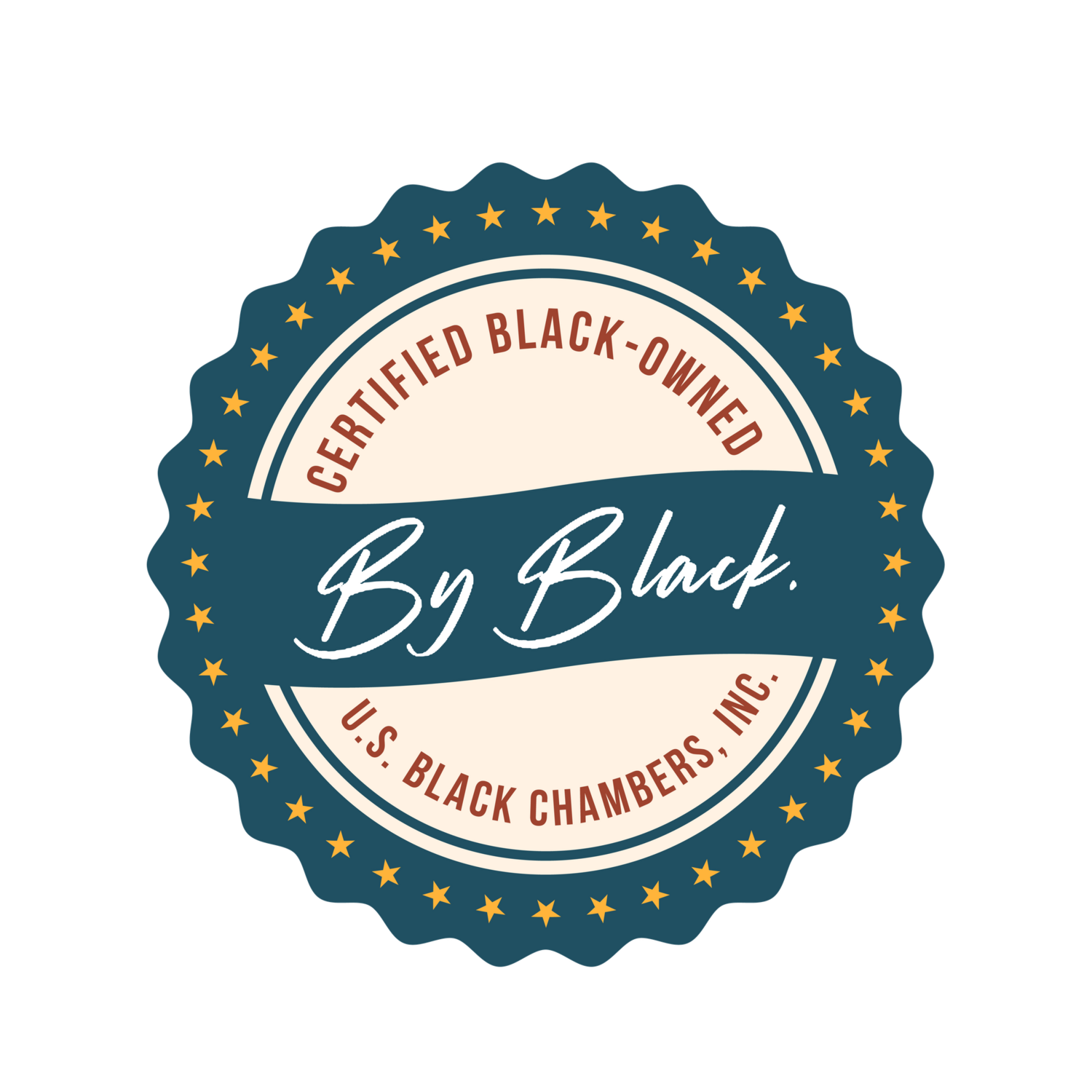That Ain’t It: Chick-Fil-A, Is This You?


Hey! What’s good, fam? The Kulur Group is launching a new content series titled, “That Ain’t It: Navigating Marketing Mishaps in the Digital Age,” where we dive into trending marketing mishaps at the intersection of marketing, culture, and community. In this inaugural post, we’re exploring a digital faux pas involving a well-known fast-food chain and the power of employee-generated content on social media platforms. Let’s get it!
The Trending Topic
On April 8th, 2024, TikTok erupted with praise surrounding a Chick-Fil-A employee’s social media activities. It all began innocently enough when Miri (@mirithesiren), a TikTok creator and Chick-Fil-A employee, shared a taste review of the fast-food chain’s new Cherry Berry drink lineup. The video quickly amassed millions of views (3.1M and counting), showcasing the potential of employee-generated content to engage audiences and promote brand products.
What Went Wrong
However, things took a turn when Miri disclosed in a subsequent post on April 16th (2.1M views and counting) that she was discontinuing her employee reviews due to a corporate request. This revelation sparked backlash, with other TikTok users joining the conversation by stitching (aka sharing) their thoughts. This controversy reached its peak when Miri posted a sponsored partnership with rival brand Shake Shack on April 21st, promoting their Chicken Shack for the #ChickenSunday promotional campaign – a slight jab at Chick-fil-A being closed on Sundays.
The incident underscores the challenge of balancing employee empowerment with brand safety in the digital age. While Miri’s initial reviews garnered significant engagement and positive attention for Chick-Fil-A, the decision to discontinue her content left many feeling disappointed. Additionally, the subsequent partnership with a competitor highlighted the potential consequences of not effectively leveraging employee influencers within the organization’s social media strategy.
What Could Have Been Done & How To Recover
So, what could Chick-Fil-A have done differently, and how can they recover from this situation? In hindsight, embracing the power of employee-generated content while establishing clear guidelines for employees could have mitigated the fallout. By fostering a culture of empowerment and trust, companies can harness the creativity and authenticity of their workforce to enhance brand visibility positively.
Moving forward, Chick-Fil-A must acknowledge the value of employee content creators as brand ambassadors and actively involve them in their social media strategy. This could involve, for example, working with employee-creators like Miri to revisit and refine corporate social media policies to better accommodate for the power of employee-generated content while ensuring brand consistency and safety. Further, the company should take proactive steps to engage with its online community, addressing concerns transparently and demonstrating a commitment to listening and learning from feedback.
In conclusion, the Chick-Fil-A mishap serves as a reminder of the evolving dynamics of marketing in the digital age. As we navigate the intersection of marketing, community, and culture, it’s essential for companies to remain agile and adaptive. By learning from past mistakes and embracing new opportunities, brands can foster meaningful connections with audiences while staying true to their values.
Stay tuned for future installments of “That Ain’t It,” where we’ll continue to explore and dissect trending marketing mishaps and their implications for brands and consumers alike. Remember, in today’s rapidly changing landscape, what worked yesterday might not be it today.
That’s a wrap for our first installment. Until next time, keep exploring, keep learning, and keep evolving. That’s it for now, but trust us—that ain’t it!

